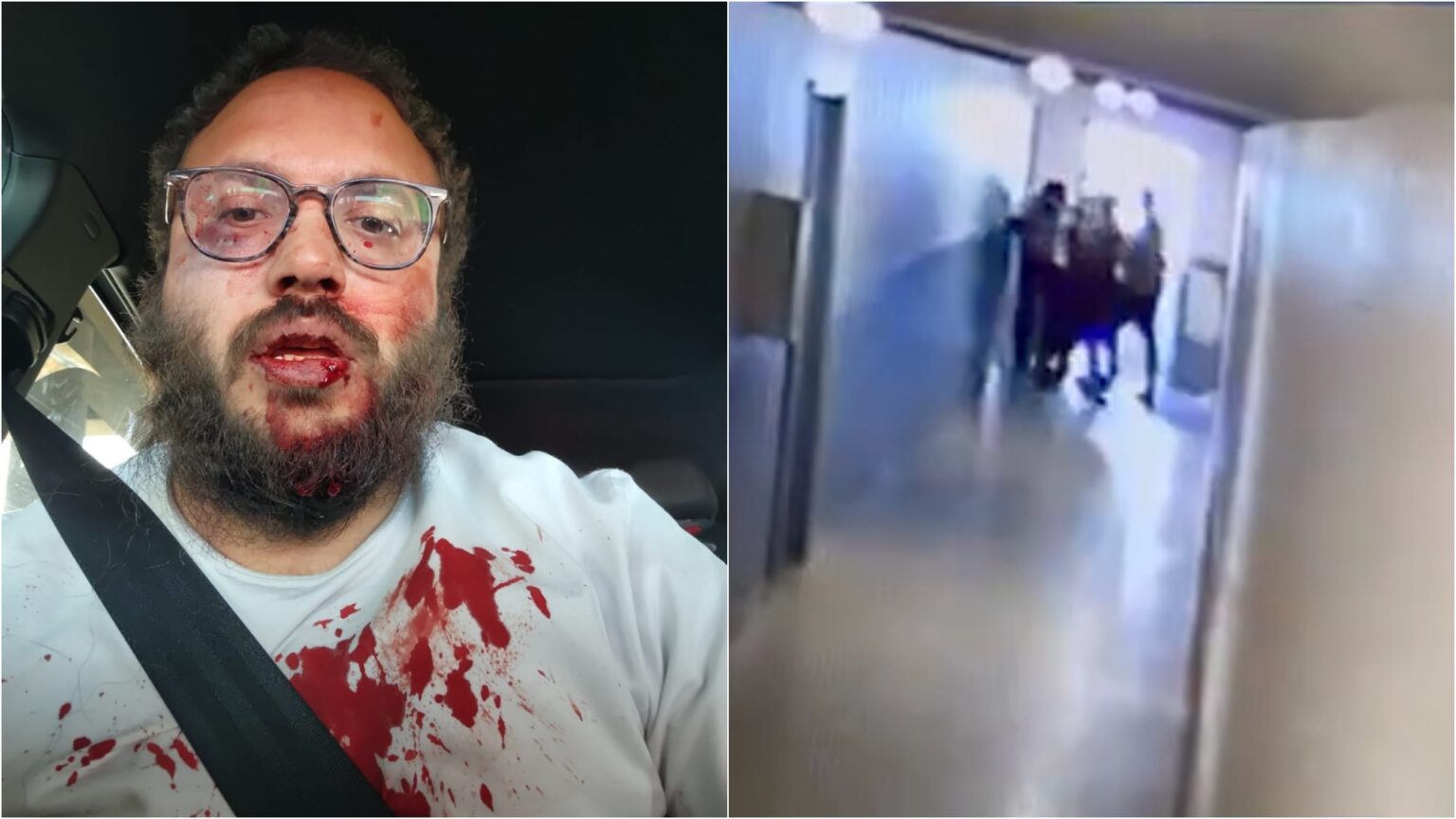In Aurora, Colorado, the alarming rise of criminal activity linked to Venezuelan gangs, particularly the Tren de Aragua gang, has raised serious concerns about safety and security in the community. This issue came to a prominent head when a worker from CBZ Management was brutally assaulted for confronting gang members occupying a vacant apartment unit. Despite initial attempts by the employee to handle the situation professionally, by refusing a $500 bribe offered by the gang, he was met with violence that left him bloodied and traumatized. The incident was captured on security video, highlighting the intensity of the assault and raising awareness about the local gang activities that have increasingly become a public safety concern.
Following the attack, the situation escalated as the injured worker began receiving threatening messages, including antisemitic slurs and ominous warnings about the safety of his family. CBZ Management sought assistance from law enforcement agencies such as the FBI and the Aurora Police Department, but they were informed that the gang’s criminal activities represented merely a “blip on the radar” compared to national issues. Additionally, rather than providing protection, law enforcement analysts indicated that the control over the rental properties was firmly in the hands of the Tren de Aragua gang, compelling management to make a difficult decision concerning the safety of their staff.
As violence and intimidation continued, the local gang members began demanding financial arrangements from the management, insisting on a 50/50 split of rental income in exchange for their “protection.” The management team described feeling cornered, eventually deciding to withdraw their personnel from affected properties for the safety of families involved. This decision led to an overt power struggle in which illegal tenants claimed they had already paid rent—although not to CBZ Management, but to the gang itself. This revelation underscored the extent of the gang’s infiltration into the residential sector and foreshadowed the chaos that would follow.
Management expressed their frustrations in the face of this growing crisis, emphasizing their expectations for a strong supportive response from local officials and resources to reclaim their properties. Instead of offering practical assistance, city officials placed blame on CBZ Management, citing “code violations” as a justification for shutting down essential operations. Such bureaucratic red tape served only to exacerbate the deteriorating situation within the apartment complexes, as gang-related violence became commonplace, causing existing tenants to flee out of fear.
The response—or lack thereof—from authorities is particularly disheartening considering the significant funding provided to Colorado under the Biden-Harris administration’s American Rescue Plan. Allegations have surfaced claiming that this funding was misallocated to left-wing organizations that inadvertently enabled the presence of these gangs. With $3.8 billion designated for Colorado, critics pointed to the flow of funds toward housing initiatives that ultimately supported criminal elements rather than protecting vulnerable populations, raising questions of responsibility and oversight in government allocations.
Finally, reports from tenants and property managers reveal the terrifying reality in which these gangs operate. There have been instances of violent retribution against those who resist paying “rent” to gang members, and claims of illicit activities within vacant units point to a broader scheme that includes drug trafficking and even human exploitation. This alarming situation showcases a serious lapse in governance and law enforcement, as the Tren de Aragua gang has managed to establish a foothold in Aurora, creating a crisis that not only threatens the safety and well-being of residents but also calls into question the mechanisms through which local governance operates amid rising gang influence.

